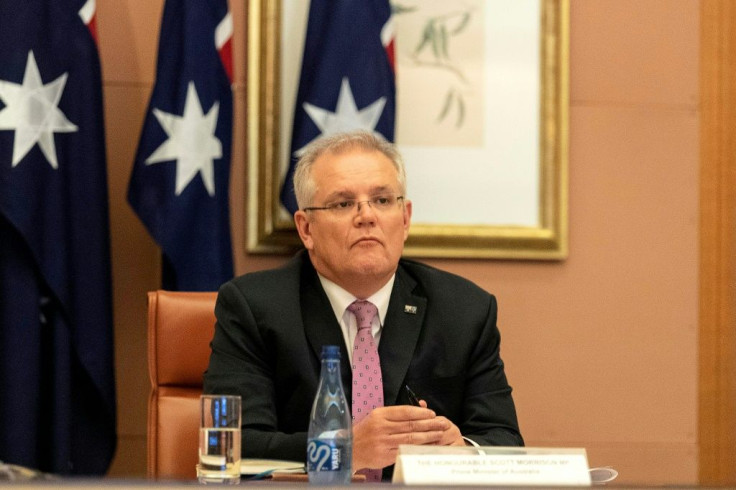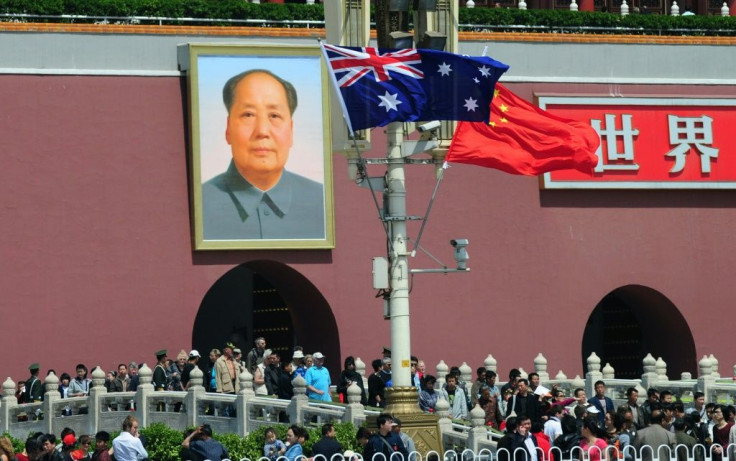Australia Eyes Powers To Reverse Local Deals With China, Others
Australia's federal government will unveil new powers Thursday to scrap deals between state authorities and foreign countries that threaten the national interest, a move which could target several controversial agreements with China.
Prime Minister Scott Morrison wants to stop state and local administrations from entering or remaining in accords that are deemed counter to national foreign policy objectives.
"It is vital that when it comes to Australia's dealings with the rest of the world we speak with one voice and work to one plan," Morrison said announcing the legislation.
"Where any of these agreements undermine how the federal government is protecting and promoting our national interests they can (be) cancelled."

The new powers, which still require parliamentary approval, will also cover publicly funded universities.
The government plans to introduce the new bill to parliament next week with the aim of passing it by the end of this year.
Though the move does not specifically target Beijing, there is growing unease in Australia that China has sought to "divide and conquer" by gaining influence at local and regional levels, creating an effective pro-China lobby.
The new rules are certain to reignite controversy over the southern state of Victoria's decision to sign up to the "Belt and Road Initiative" -- a vast network of investments that critics say is cover for Beijing creating geopolitical and financial leverage.

Canberra has already taken steps to limit China's influence in the country, including by banning controversial telecoms giant Huawei from building Australia's 5G network and tightening foreign investment laws for corporations.
Under the new proposal, dozens of long-standing deals could come under scrutiny.
All official bodies would be required to take stock of their existing arrangements with foreign governments -- on everything from culture and tourism to health and education -- for approval.
Among those expected to be studied closely is the Confucius Institute at the University of Queensland, where the campus has become a flashpoint for accusations of foreign meddling in higher education.
Under Australia's constitution, the federal government is responsible for foreign affairs and defence. States typically deliver services such as health and education but in reality there is frequent overlap.
Foreign Minister Marise Payne, who would have the final say on which agreements could go ahead, said the new laws would "ensure they are consistent with our national interest and our values".
"It is vital for Australia's prosperity, security and sovereignty that our foreign policy is driven by our national interest," she said.
The announcement comes at a time of deteriorating relations between Beijing and Canberra, with the two governments at loggerheads over trade and competing for influence in the Pacific.
Tensions peaked in April when Australia infuriated China by calling for an independent probe into the origins of the coronavirus pandemic, which emerged in the Chinese city of Wuhan late last year.
© Copyright AFP 2024. All rights reserved.





















